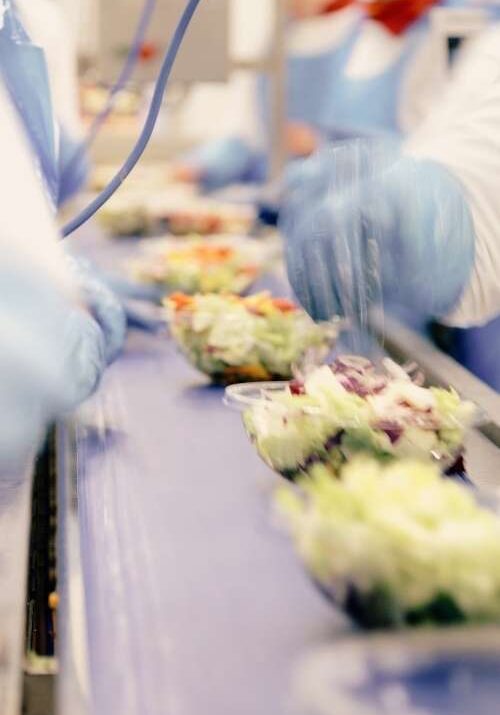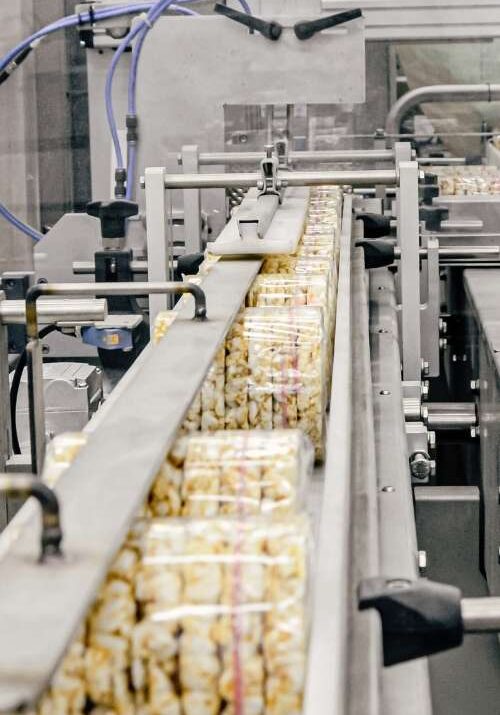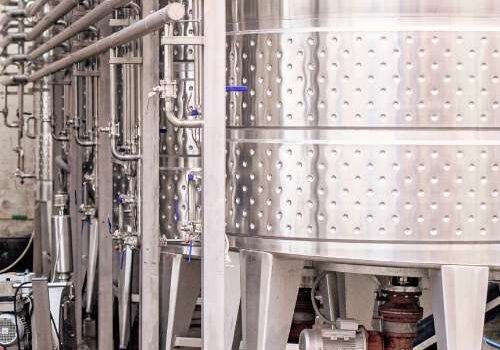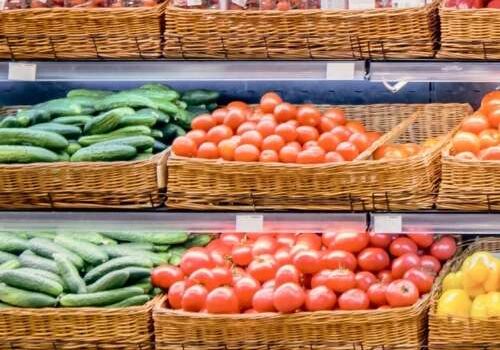
At IWR, we offer a range of recycling solutions specifically tailored to packaged goods. We understand that different types of packaging require different recycling methods, and we strive to ensure that each material is processed in the most sustainable and efficient way possible.
Separating Packaging from Organics
One of the key challenges in recycling packaged goods is the need to separate the packaging from the organic waste. At our sites, we have the capability to perform this separation, allowing us to take the organic waste and utilize it for beneficial purposes, while also finding appropriate recycling solutions for the packaging.
Waste Management and Recycling
Our approach to waste management and recycling for packaged goods revolves around the crucial step of separation. Clean separation is essential to ensure that the organic waste and packaging are properly dealt with. While the organic waste is directed towards sustainable technologies like anaerobic digestion, the packaging undergoes different recycling processes based on its material.
For instance, cardboard is sent through the traditional paper cycle, while plastics are directed to specialized recyclers. By ensuring efficient separation and directing materials to appropriate recycling channels, we maximize the utilization of traditional recycling methods.
Examples of Recyclable Packaging Materials
At IWR, we specialize in recycling various packaging materials. One of the most recyclable materials is metal, including canned vegetables and soups. These metal products can be easily captured and recycled, contributing to the circular economy.
Additionally, we work closely with cases and Gaylord bins, typically made of cardboard and OCC (Old Corrugated Containers), which can be recycled back into the paper industry. We also handle different types of recyclable plastics, such as milk jugs, which can be directly reused in the plastics industry for manufacturing new milk jugs and similar products.
Regulations and Guidelines
In the recycling industry, there are well-established regulations and guidelines that we strictly adhere to. While there may not be many advancements in technology for traditional recycling, materials like cardboard and established plastic products have specific rules and standards. We only collaborate with reputable companies and industries that follow the necessary regulations, ensuring responsible and compliant recycling practices.
However, challenges can arise when dealing with packaging that is not easily recyclable. Some packaging, such as pouches with multiple layers of plastic and foil, cannot be effectively separated through traditional recycling methods. In such cases, incineration can be used as a sustainable alternative. By burning the non-recyclable or difficult-to-recycle materials in an incinerator, we can generate heat and energy, contributing to a more sustainable waste management approach.



